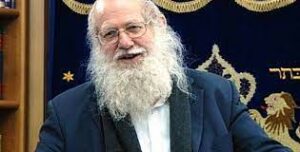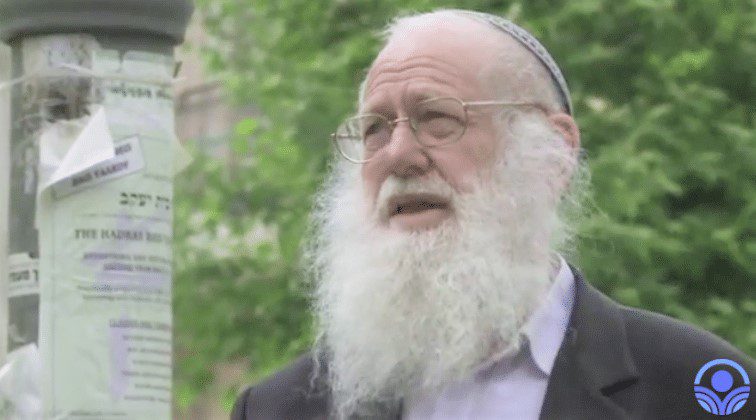On Seeing the Larger Picture
by HaRav Dov Begon – Head of Machon Meir

Wicked Bilaam was like his own name. He wished to swallow up [livloa] the Jewish People (Sanhedrin 105a). Yet against his will he saw Israel from a great and all-encompassing perspective, stretching from the nation’s start until its finish. He saw them, going all the way back to the patriarchs and matriarchs who were the roots from which the Jewish People sprang forth: “I see this nation from mountain tops and gaze on it from heights” (Numbers 23:9). Rashi explains: “I look at their origin and roots, and I behold them as strongly founded as yonder rocks and mountains through their ancestors and ancestresses.” He also saw them until their end: “I see it, but not now; I perceive it, but not in the near future” (Numbers 24:17). Bilaam set out to curse Israel, and against his will he blessed them.
How much more so that we, who view the Jewish People positively to begin with, must study and teach and ponder them on a large scale, gazing at them deeply and comprehensively, from start to finish. We must know to recognize that our own generation is a link in the long chain of thousands of years, that we possess a glorious past and an even more glorious future. Only from such a perspective can we understand the present and everything that is happening now, in our own day, in a balanced and correct fashion. This approach will help us to overcome all of our present difficulties, obstacles and complications, as it says in the song of Ha’azinu: “Remember days long gone by. Ponder the years of each generation” (Deuteronomy 32:7). Remembering days long gone by helps us to understand our own generation.
From whom is it possible to learn and to receive the right information about our divine history from start to finish? “Ask your father and let him tell you, and your grandfather, who will explain it to you” (Ibid.). As Rashi explained, “‘Ask your father’ — these are the prophets. ‘Your grandfather’ — these are the sages.” Through the holy spirit of our prophets and sages we shall merit to see, with our own eyes, “a nation that rises like the king of beasts and lifts itself like a lion” (Numbers 23:24).
A Good Eye
“Whoever has a good eye, a humble mind and a lowly spirit is of the disciples of our father Abraham, and whoever has an evil eye, a haughty mind and a proud spirit is of the students of Bilaam the wicked” (Avot 5:22). Rashi explains “a good eye” as meaning that one has no envy of his fellow man. For such a person, his fellow man’s honor is as dear to him as his own. That is, he will seek out the positive and the good in every person and in every thing. Conversely, an “evil eye” will refer to one who envies and hates his fellow man, and looks for his evil and his shortcomings. Thus, Bilaam was the world expert in curses, the opposite of Abraham, of whom it was said, “You shall become a blessing” (Genesis 12:2).
Balak leads Bilaam to a lookout point from which he can see only the edge of the Jewish People: “There you will be able to see only the extremities of the Israelite camp and you will not have to see them all” (Numbers 23:13). All this was so that he would be able to exercise his evil eye and to curse Israel. Indeed, whoever only sees in a partial, limited manner, whoever sees only “the extremities,” only that which is out of the ordinary, whoever has no all-encompassing, comprehensive vision, will be plagued by harsh, morose thinking which will lead to evil speech and curses.
G-d, in His great kindness, showed Bilaam Israel in their totality, as it says, “When Bilaam raised his eyes, and saw Israel dwelling at peace by tribes, G-d’s spirit was on him” (Numbers 24:2).
Right now, we must raise ourselves up spiritually and follow in the path of Abraham, with his “good eye.” We must honor and love G-d’s creatures, and we must see the positive and the good in the whole community and in the individual. Let us consider all of Israel together, now and over the course of the generations. Then through us will be fulfilled the blessing of Moses, “He will be King in Jeshurun when the people’s leaders gather themselves together and the tribes of Israel are united” (Deuteronomy 33:5), on which Rashi comments, “When Israel gather together as one, and peace reigns among them, G-d will be their King.” This, in turn, will lead to fulfillment of Numbers 23:21: “The L-rd their G-d is with them, and they have the King’s friendship.”
Looking forward to salvation.






